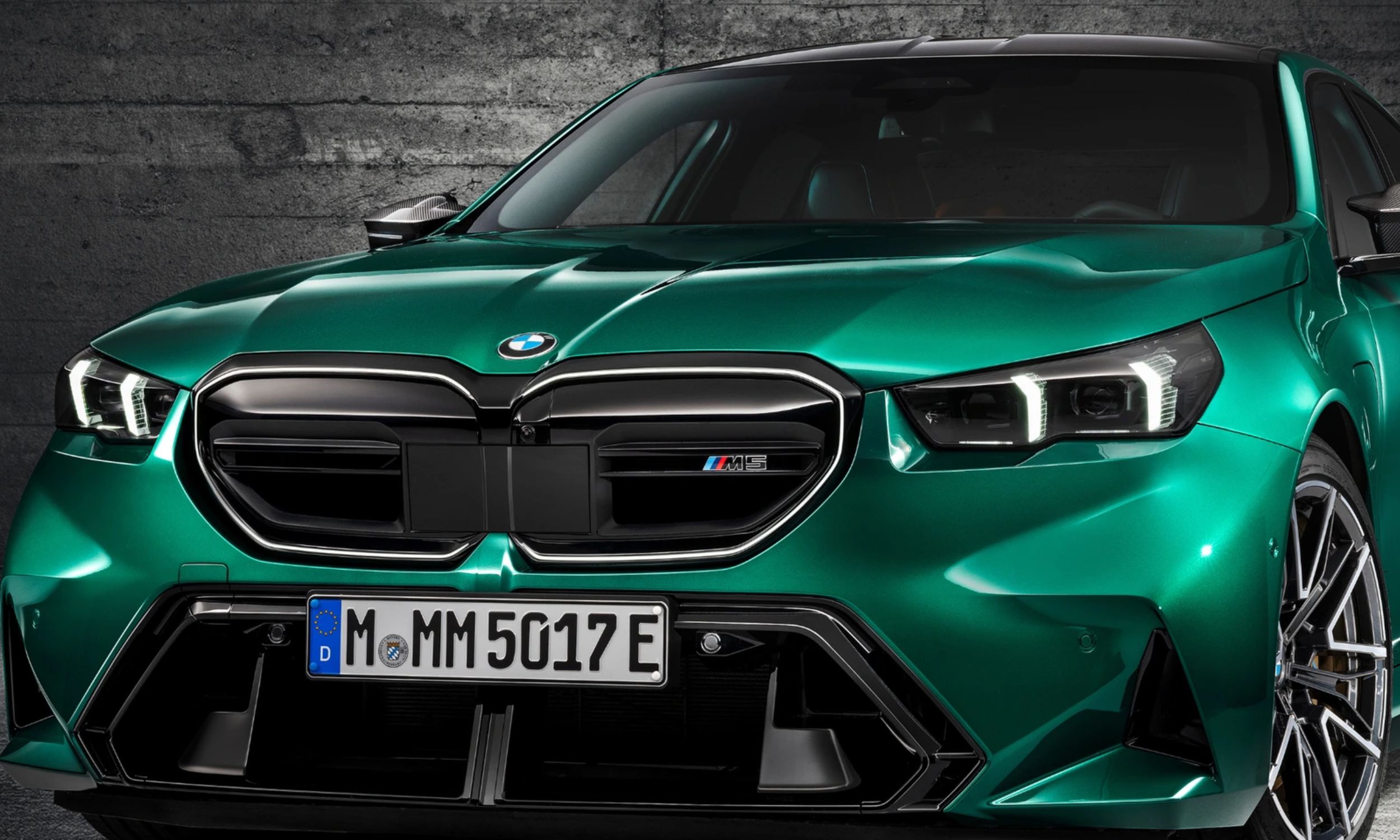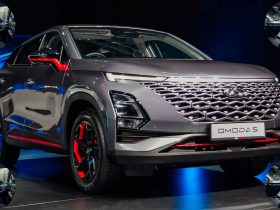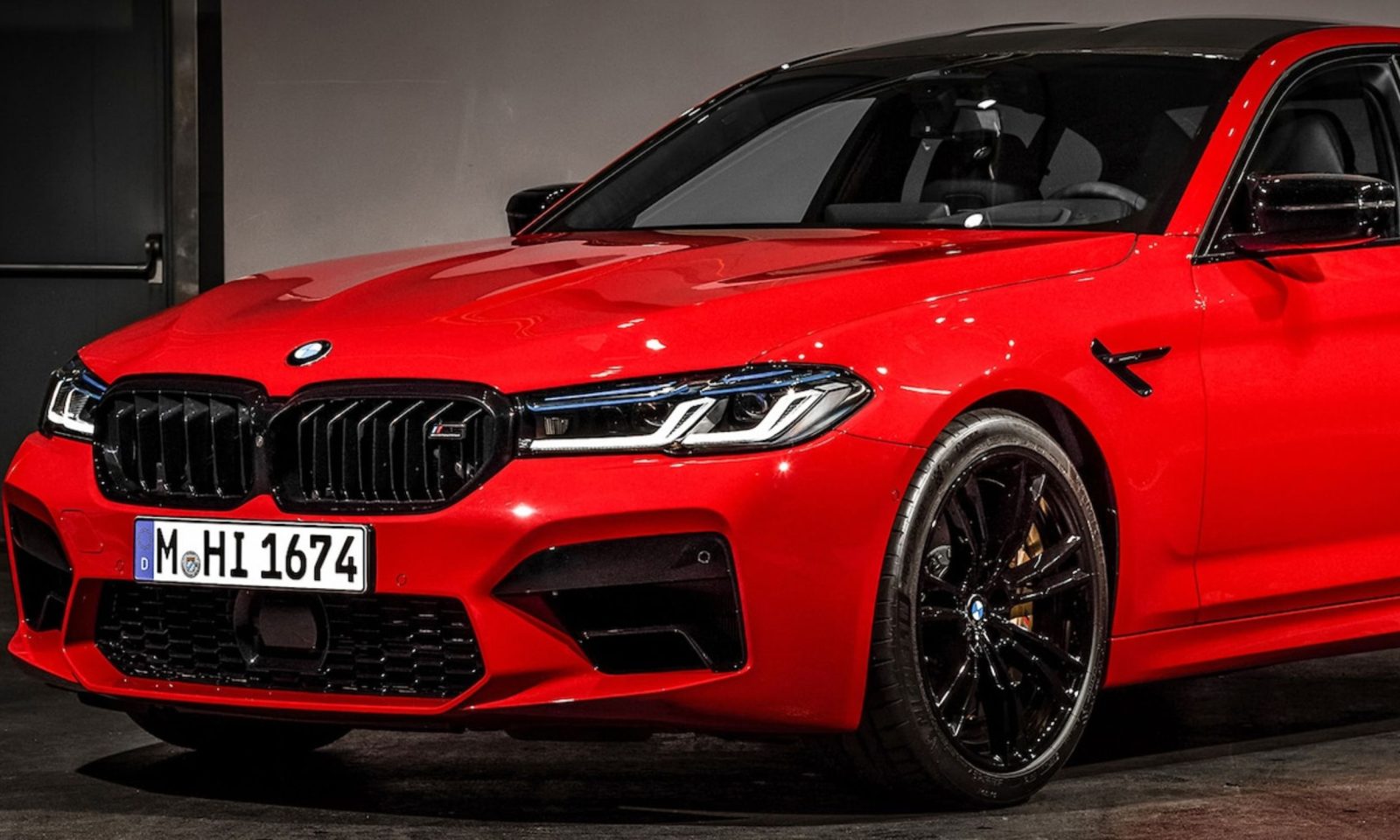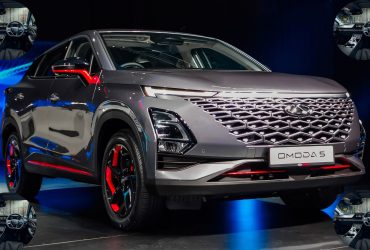BMW’s latest behemoth, the 2025 M5, boasts an impressive 717 horsepower, but its staggering 5,390-pound curb weight eclipses that of some electric sedans, SUVs, and even a pickup truck, defying the conventional wisdom of performance vehicles.
This sudden and heavy weight gain deviates from the gradual trend observed in previous M5 models, making it an outlier in its class.

In a surprising turn of events, American competitors once ridiculed for their weight and perceived sluggishness now appear lean and agile in comparison.
The outgoing Dodge Charger Hellcat, for instance, tips the scales at 820 pounds less, while the latest CT5-V Blackwing is a remarkable 1,267 pounds lighter. Even the fully electric i5 M60, with its larger battery capacity, manages to be 143 pounds lighter.
The primary culprits behind the M5’s weight gain are BMW’s platform-sharing strategy and European emissions regulations, which prioritize hybridization over lightweight design.
However, the Corvette E-Ray and Porsche 911 GTS demonstrate that hybrids can indeed be lightweight and performance-focused, sans the weight penalty.
The M5’s conventional all-wheel-drive system and automatic transmission contribute to its bulk, making it seem like a relic of the past compared to modern electric performance cars.
As the industry hurtles towards electrification, the future of BMW’s M cars and their combustion engines hangs precariously in the balance.
































Leave a Reply